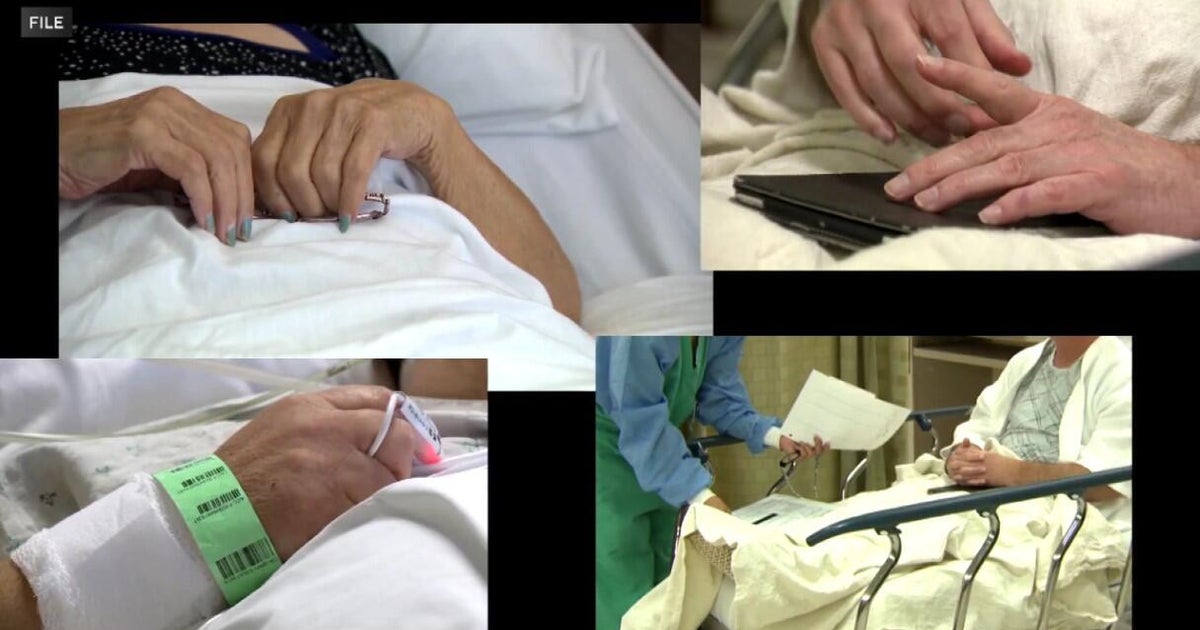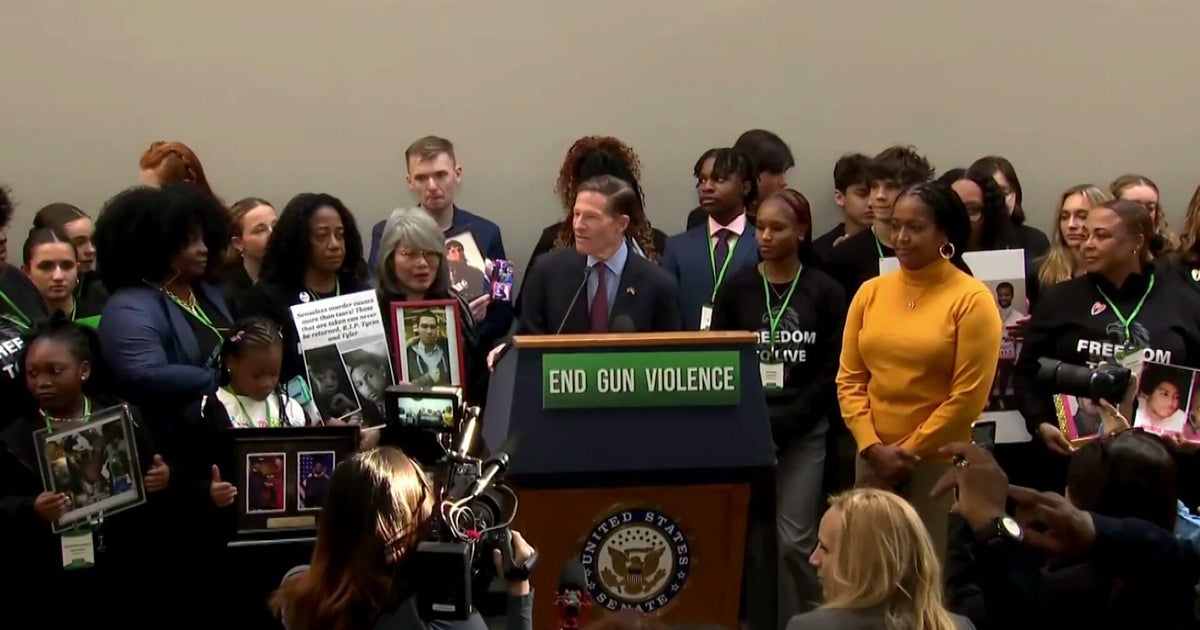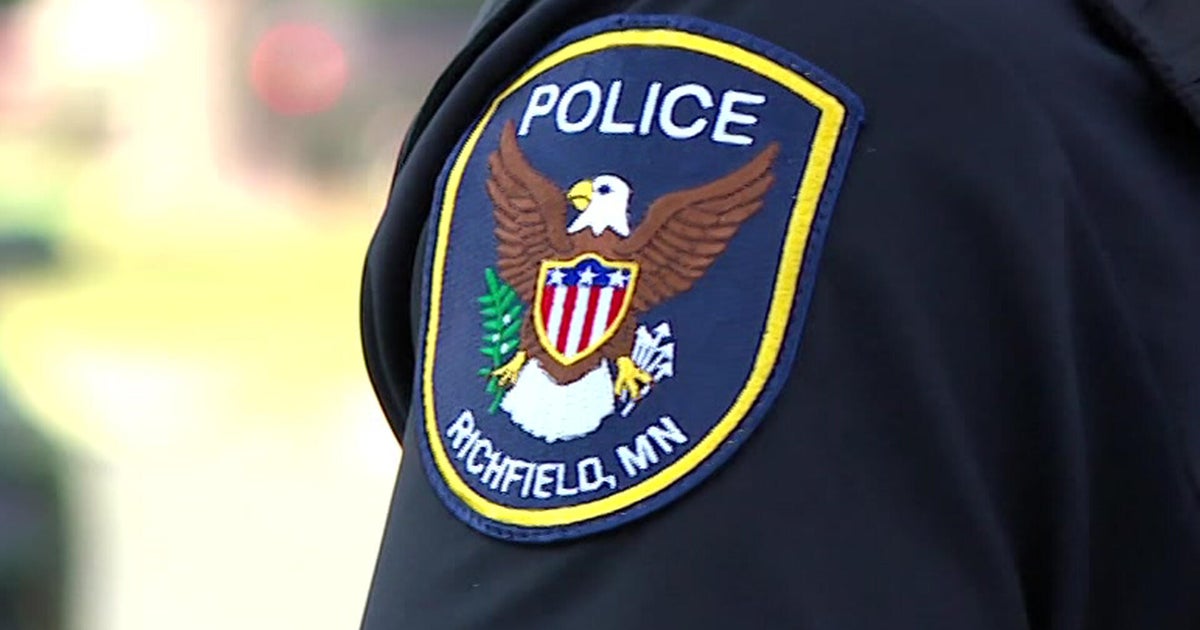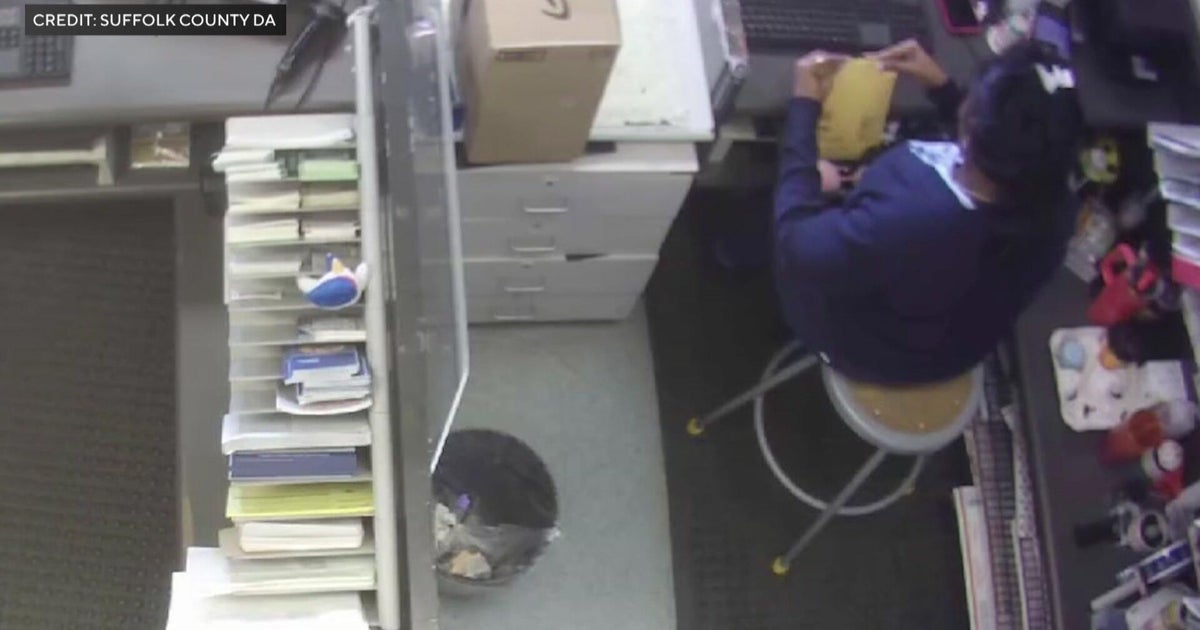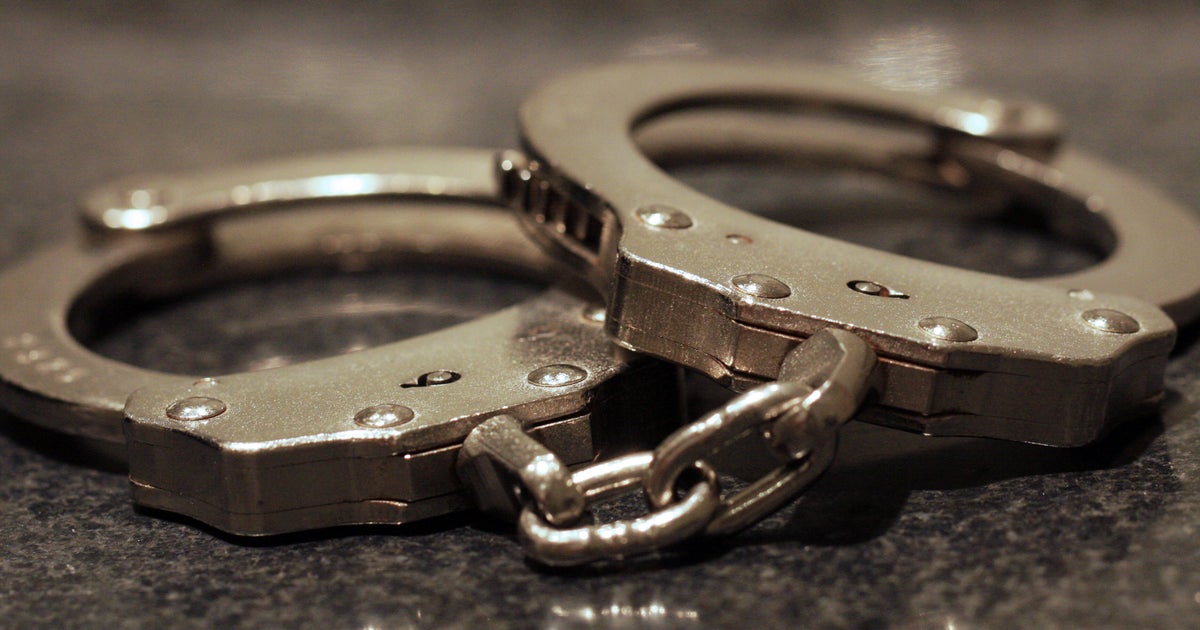Illinois lawmakers pass Karina's Bill, aimed at protecting domestic violence victims from gun violence
CHICAGO (CBS) -- The Illinois General Assembly has passed legislation that would require guns to be removed from the home of an accused abuser when their FOID card has been revoked after their victim is granted an order of protection in a domestic violence case.
The legislation is named in honor of Karina Gonzalez, who was shot and killed in July 2023, allegedly by her husband, even though Karina had an order of protection that could have led to the removal of his gun by law enforcement. Gonzalez's husband also allegedly killed her 15-year-old daughter, Daniela, and injured her son.
The Illinois House passed the measure by an 80-33 vote on Tuesday, one day after the Illinois Senate approved it by a 43-10 vote. The legislation now must be sent to Gov. JB Pritzker for his signature before it becomes law.
Illinois state law already allows anyone seeking an order of protection to seek a "firearm remedy" which would allow police to remove guns from an alleged abuser's home. Karina's Bill would close a loophole in that law that left it unclear who was responsible for removing firearms in such situations.
The legislation also would allow anyone seeking an order of protection to ask a judge to issue a search warrant allowing law enforcement to seize guns from their alleged abuser. That person or prosecutors must show probable cause that the alleged abuser is an immediate threat to the accuser. Law enforcement would then be required to execute the search warrant within 96 hours of it being issued.
While alleged abusers could transfer their firearms to a third party, rather than surrender them to law enforcement, the law makes it clear that third party cannot live in the same home, and the transfer can only happen after the guns have been removed from the alleged abuser's home.
The Illinois State Rifle Association and some law enforcement groups worried about police departments' ability to carry out the law, especially smaller departments, because of limited resources. The law would allow law enforcement agencies to make arrangements with licensed gun dealers or other law enforcement agencies to store any weapons seized under the legislation.
Lauren Carter, herself a domestic violence survivor, has been following and cheering on the progress of the bill.
In high school, she participated in musicals and had a big smile on her face for graduation—but when she looks into the eyes of photos from those days, she sees the sadness she felt all those years ago.
"I really went through some pretty dark times in high school, so looking at those is difficult," Carter said. "I am a survivor of intimate partner violence and sexual assault."
The abusive relationship lasted two years. But Carter still carries the trauma.
"I was diagnosed with PTSD from this relationship in 2018," she said.
Carter is a survivor and an advocate who has been invested in the progress of Karina's Bill. She was crying tears of jubilation in an Instagram video she posted when the bill passed on Wednesday.
Cook County Sheriff Tom Dart said in December that he supported the bill.
"Frankly, in the face of a lot of opposition from law enforcement, we've said, 'No, no, no, we need to do this,' so we'd have the ability to go in and get the guns."
But it remains to be seen how easy it will be to go in and get the guns. Cook County data from the past 10 years shows judges granted nearly 112,000 emergency orders of protection, but just 85 gun seizure warrants.
"But I do feel like this is such a huge step, and we're going to be able to save a lot of lives," Carter said.
The Sheriff's office released this statement Wednesday after Karina's Bill passed:
"The Sheriff was a strong proponent of Karina's Law, which will greatly increase the ability of law enforcement to remove firearms from individuals who have been named in an Order of Protection. Not only will this law save lives, it is also expected to increase service rates because search warrants will enable law enforcement to enter a residence and verify whether the respondent is present. For years, the most law enforcement could do was knock on the door. If the respondent did not answer, there was no ability to enter the residence to serve the order and check for the presence of firearms. We do not anticipate any issues with executing court-ordered search warrants under Karina's Law. The 96-hour deadline is the same as prescribed by law for all other search warrants. Unlike service of an Order of Protection, which requires that officers make direct contact with the respondent, search warrants can be served – and firearms can be recovered – regardless of whether or not the respondent is present."

